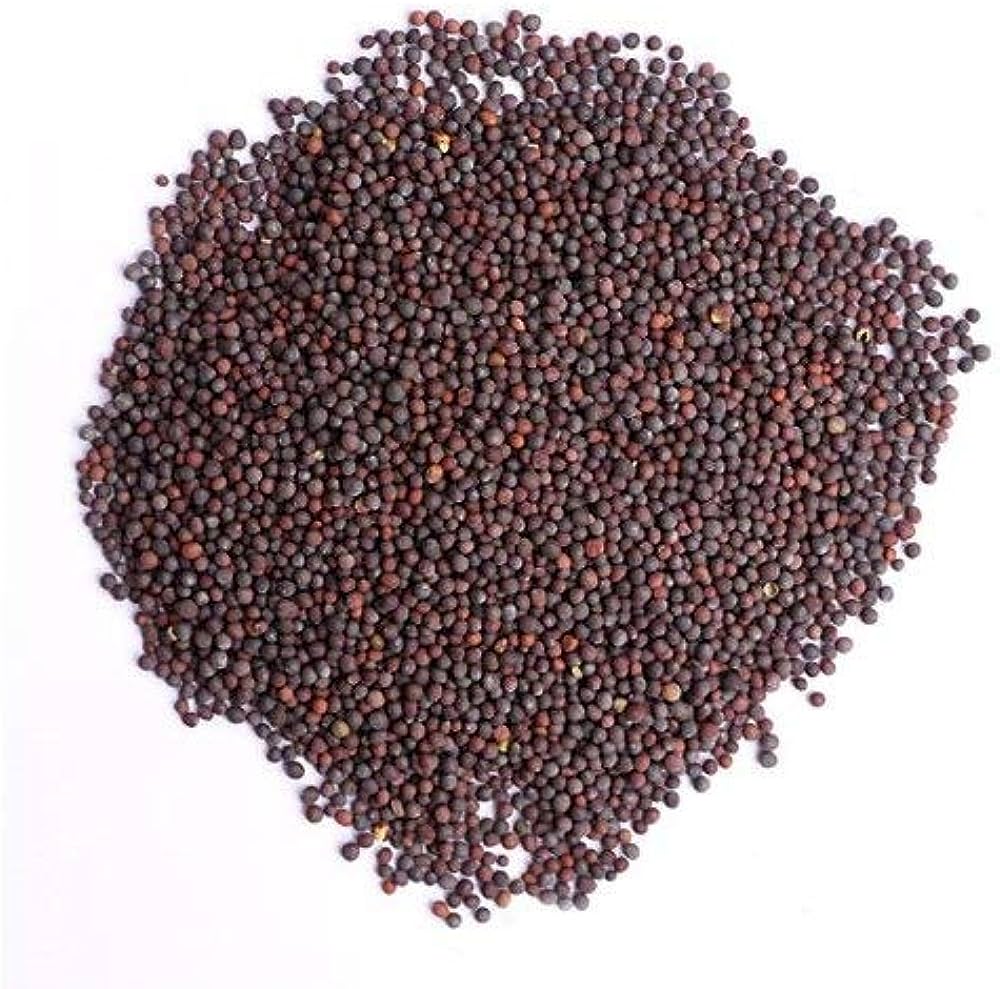SPICES
Spices are widely recognized for their aromatic qualities and play a crucial role in Asian cuisine and traditional medicine. They are used not only for cooking and food preservation but also as natural flavor enhancers. In medicine, spices are utilized to improve digestion, support heart health, and reduce issues related to the liver and kidneys. Additionally, they possess antioxidant and antimicrobial properties. Although spices can be expensive, India is a major producer of them. The most common spices from India include cardamom, black pepper, coriander, ginger, turmeric, fenugreek, fennel, and mustard seeds.
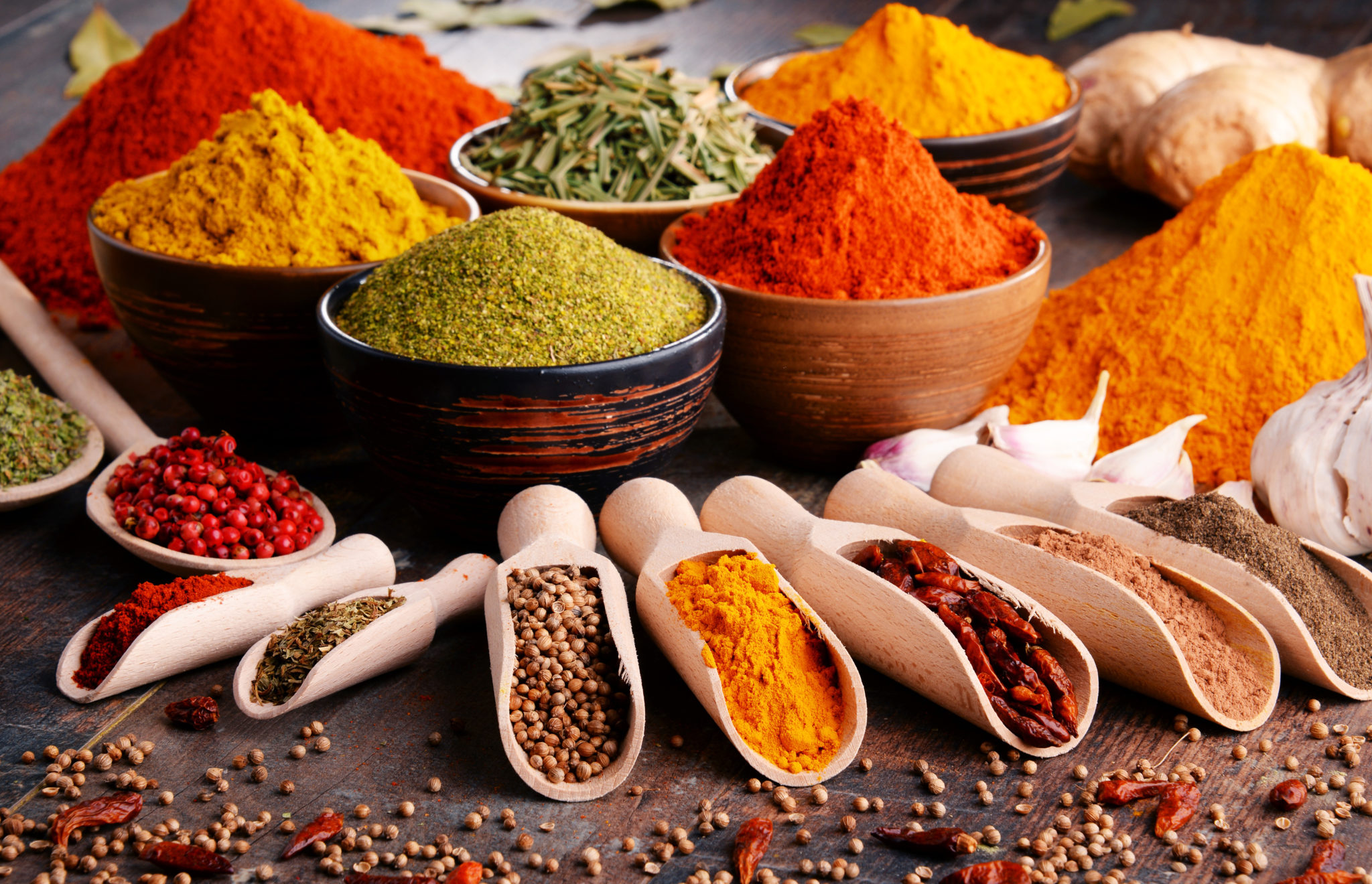
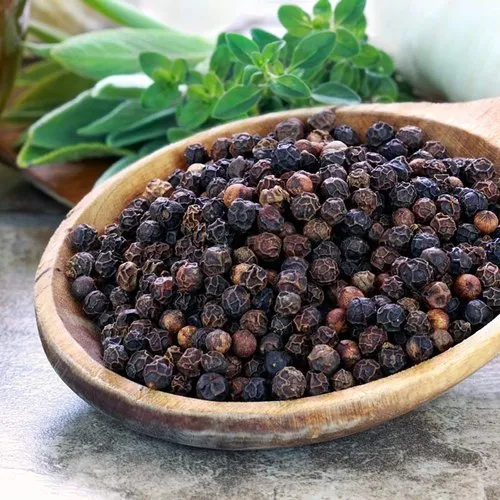
Cardamom
Cardamom, often referred to as the “queen of spices,” is known for its refreshing aroma. Cardamom highly cultivated in Kerala, Karnataka and Tamilnadu( Theni). Its fruits and pods play a crucial role in cooking and flavoring various dishes. Cardamom aids digestion and supports heart health. It also possesses antioxidant properties and contains vitamin C.
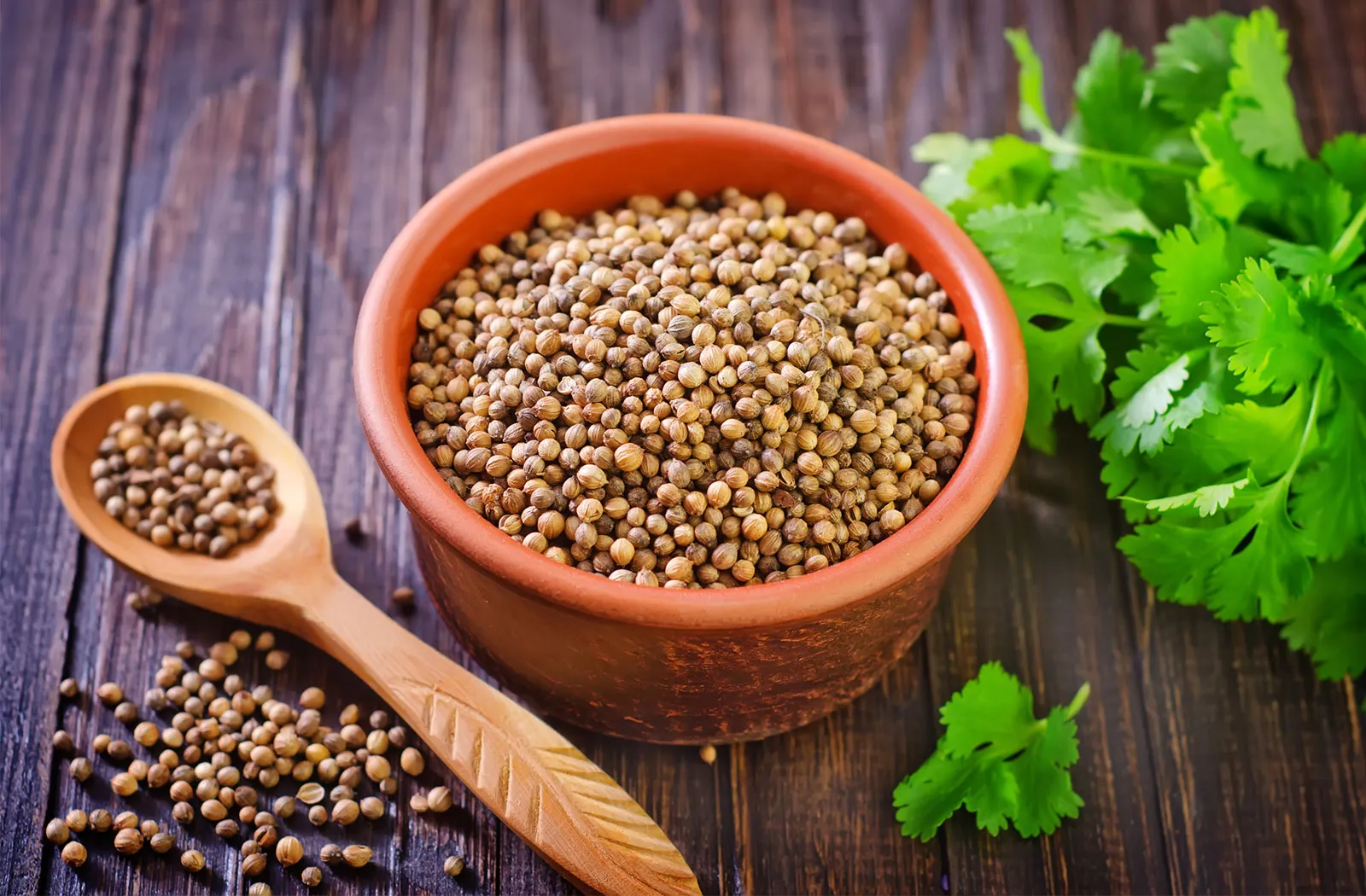
Black pepper
Black pepper, often hailed as the king of spices, is renowned for its culinary and medicinal uses. It was cultivated in Kerala and Karnataka. Its dried fruits were historically utilized in both cooking and medicine due to their rich vitamin and manganese content. Quality played a significant role in determining the price of pepper.
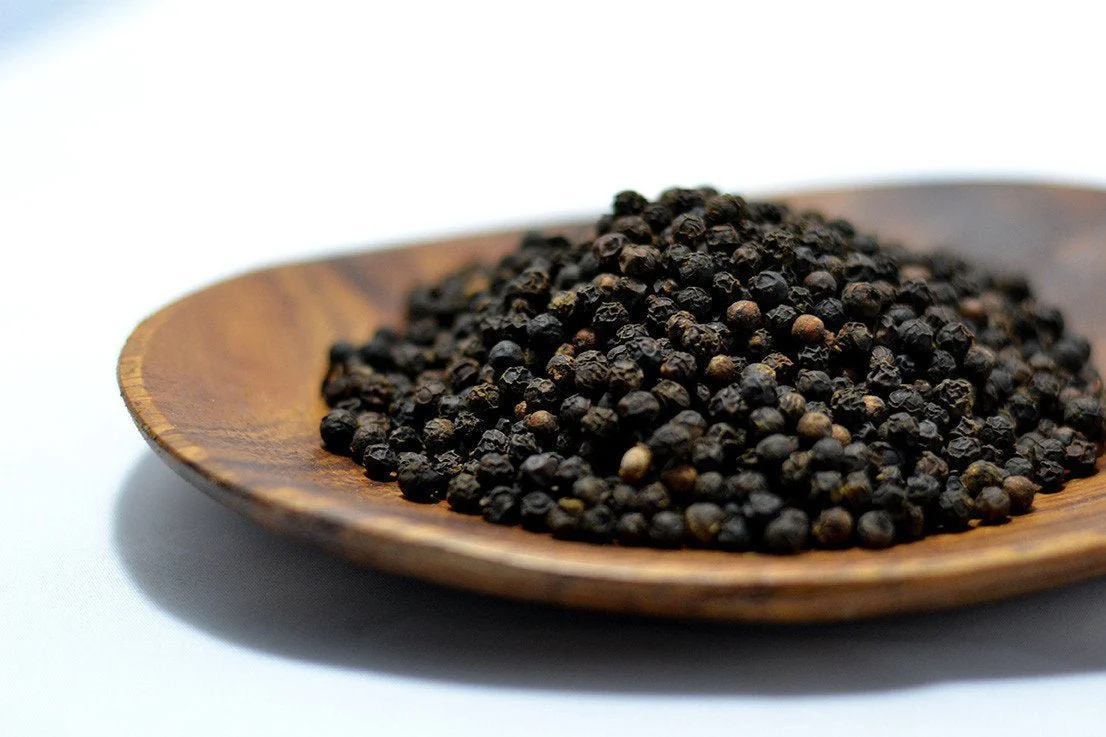
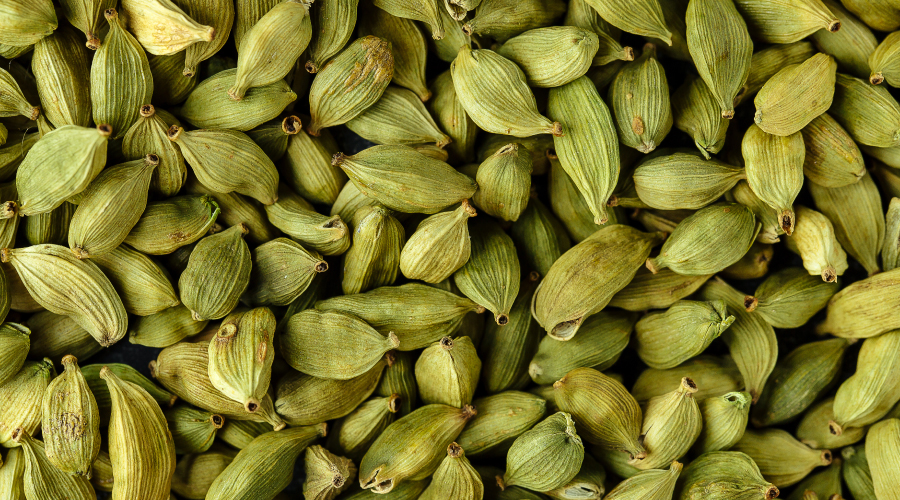
Coriander
Cardamom, often referred to as the “queen of spices,” is known for its refreshing aroma. Cardamom highly cultivated in Kerala, Karnataka and Tamilnadu( Theni). Its fruits and pods play a crucial role in cooking and flavoring various dishes. Cardamom aids digestion and supports heart health. It also possesses antioxidant properties and contains vitamin C.
Ginger
Ginger is a rhizome. It was highly cultivated in Kanyakumari and lower Palani hills. It has medicinal uses and helps to prevent or treat nausea and vomiting from pregnancy, and cancer chemotherapy. It is also used to treat mild stomach upset, to reduce pain of osteoarthritis, and may even be used in heart disease.
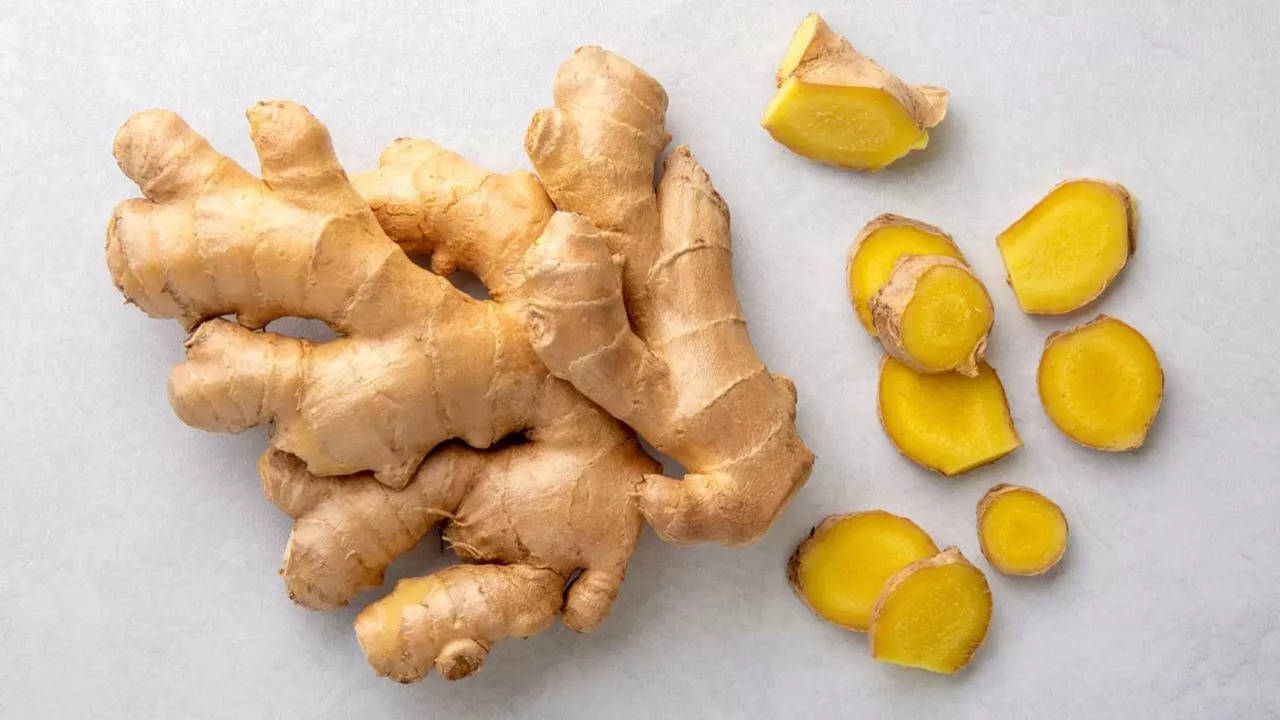
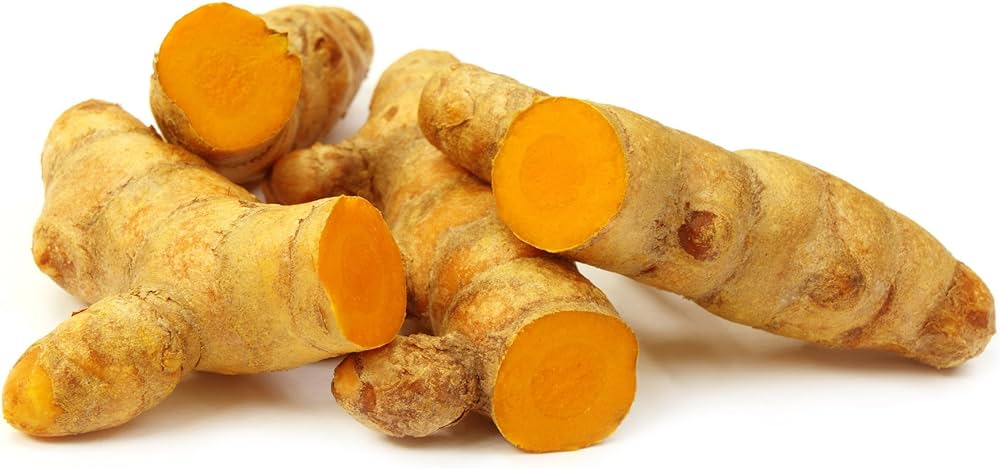
Turmeric
urmeric, a rhizome, has been utilized as a foodstuff, cosmetic, and medicine. It was cultivated in regions such as Kodumudi, Modakkurichi, Erode, Bhavani, Anthiyur, and Gobichettipalayam in Tamil Nadu. It is promoted as a dietary supplement for various conditions, including arthritis, digestive disorders, respiratory infections, allergies, liver disease, and depression.
Fenugreek
Fenugreek seeds are extensively cultivated in Rajasthan, Gujarat, Punjab, and Tamil Nadu. They are rich in nutrients such as choline, vitamins A, B1, B2, C, nicotinic acid, and niacin.
These seeds offer various health benefits, including lowering blood sugar levels, boosting testosterone, and enhancing milk production in breastfeeding individuals. Additionally, fenugreek may aid in reducing cholesterol levels, decreasing inflammation, and assisting with appetite control.
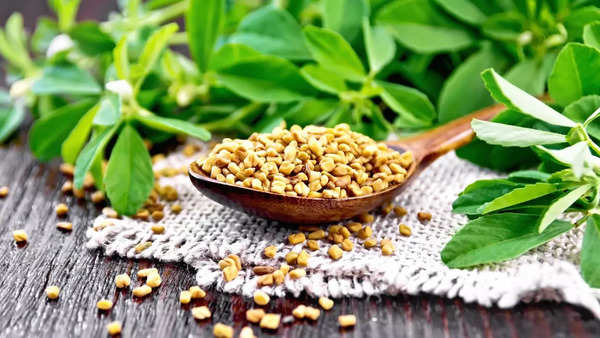
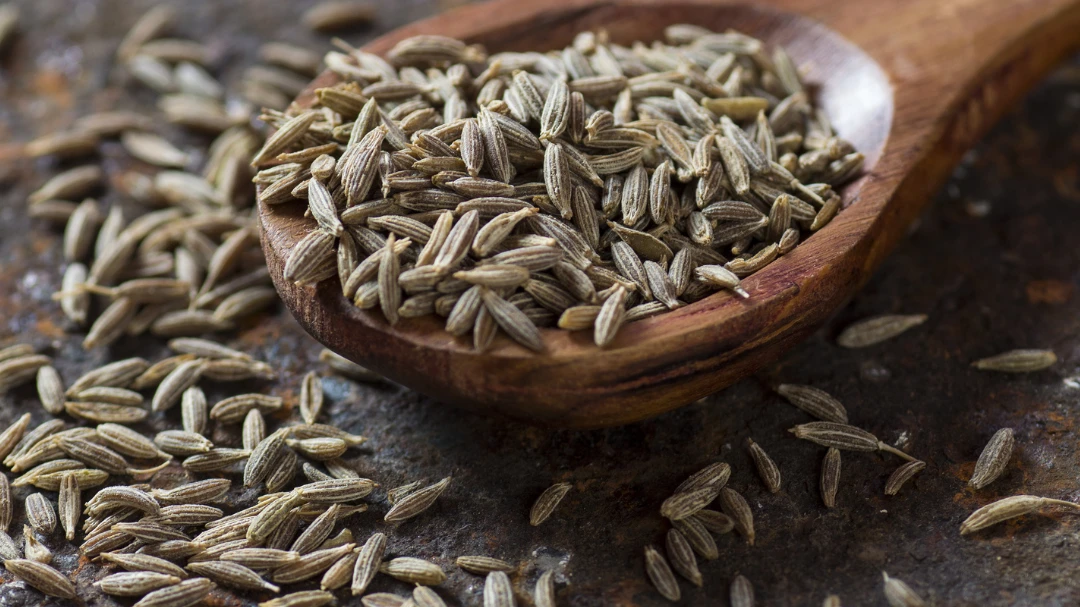
Fennel
Fennel seeds, extensively cultivated in Udhagamandalam (Ooty), particularly in the Nilgiris region, are valued for their medicinal properties as carminatives and stimulants. In traditional medicine, fennel has been employed to address various issues related to the digestive, endocrine, reproductive, and respiratory systems. Moreover, it serves as a galactagogue, aiding lactating mothers in milk production.
Mustard
Mustard seeds is utilized as a food flavoring agent and was predominantly cultivated in Rajasthan. Traditionally, it has served as both an emetic and diuretic, along with being applied topically to treat inflammatory conditions like arthritis and rheumatism.
